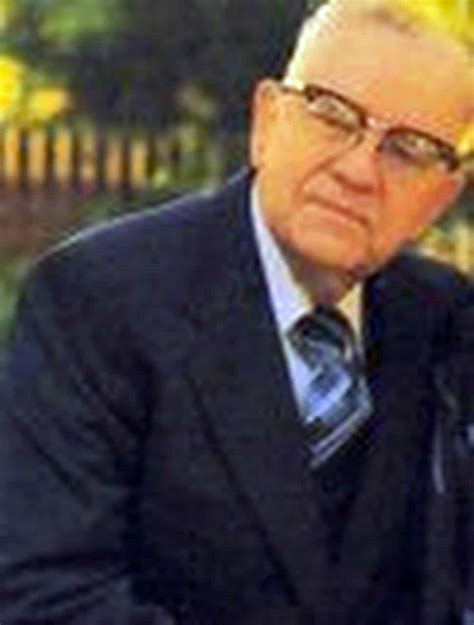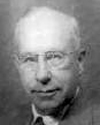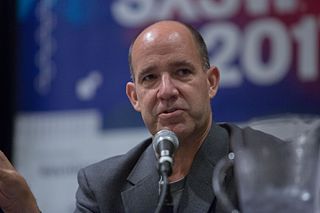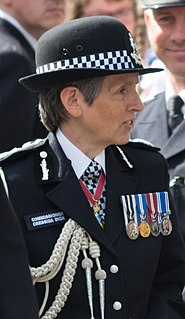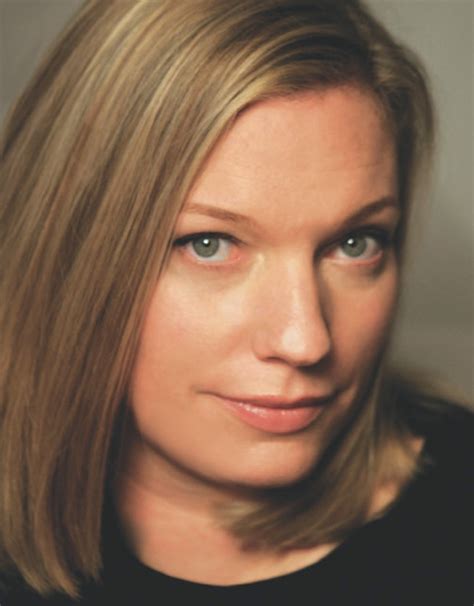A Quote by Mary Pipher
Maturity involves being honest and true to oneself, making decisions based on a conscious internal process, assuming responsibility for one's decisions, having healthy relationships with others and developing one's own true gifts. It involves thinking about one's environment and deciding what one will and won't accept.
Quote Topics
About
Accept
Assuming
Assuming Responsibility
Based
Being
Being Honest
Conscious
Deciding
Decisions
Developing
Environment
Gifts
Having
Healthy
Healthy Relationship
Honest
Internal
Involves
Making
Making Decisions
Maturity
Oneself
Others
Own
Process
Relationships
Relationships With Others
Responsibility
Thinking
True
True Gifts
True To Oneself
Will
Related Quotes
Listen to your being. It is continuously giving you hints; it is a still, small voice. It does not shout at you, that is true. And if you are a little silent you will start feeling your way. Be the person you are. Never try to be another, and you will become mature. Maturity is accepting the responsibility of being oneself, whatsoever the cost. Risking all to be oneself, that's what maturity is all about.
Thinking isn't something you think about. It comes naturally. Thinking involves many things. It involves being an observer. It involves analyzing things, taking in what's around you in the world and finding how to make it inspire your work or turn it into a lesson to teach your children; it's paying attention to details. That's what thinking is: processing.
Prudence does not mean failing to accept responsibilities and postponing decisions; it means being committed to making joint decisions after pondering responsibly the road to be taken, decisions aimed at strengthening that covenant between human beings and the environment, which should mirror the creative love of God, from whom we came and towards whom we are journeying.
Through the plan of prayer, God actually is inviting redeemed man into full partnership with Him; not in making the divine decisions, but in implementing those decisions in the affairs of humankind. Independently and of His own will, God makes the decisions governing the affairs of earth. The responsibility and authority for the enforcement and administration of those decisions, He has place upon the shoulders of the church.
If we decide rightly what to do, or use a correct procedure for making such decisions, that has to be because the decisions or the procedure rest on good reasons, and these reasons consist in the apprehension of truths about what we ought to do. Because these truths must constitute reasons for our decisions, and because in the rational order, reasons must always precede the decisions based on them, the truth conditions of claims about what we ought to cannot be reduced to, or constructed out of, decisions about what to do, or procedures for making such decisions.
People are trying to build a society where they can talk across the aisle so to speak, and have civil discourse. At the same time we're trying to inform ourselves about what's really true so that we can make evidence based decisions that is better than superstition or rumor. But the fact is that people who use evidence based decision making have much better life outcomes, greater life satisfaction, they live longer, they make better personal and medical decisions, better financial decisions. But parallel to that is you can't reason somebody out of a position they didn't reason themselves into.
Decision-making is difficult because, by its nature, it involves uncertainty. If there was no uncertainty, decisions would be easy! The uncertainty exists because we don't know the future, we don't know if the decision we make will lead to the best possible outcome. Cognitive science has taught us that relying on our gut or intuition often leads to bad decisions, particularly in cases where statistical information is available. Our guts and our brains didn't evolve to deal with probabilistic thinking.
It is true that some off-label drug use is based on very unsettled science and has more risks. But medicine - and not just cancer care - involves lots of hard choices. And the more serious the disorder, often the more likely it is that for every right and wrong treatment choice there are many other practical decisions painted in shades of gray.
Being aware of truths about what is good or right or about what we ought to do is not the same as deciding what to do. Nor can the former truths be derived from decisions about what to do, or about procedures for making such decisions, unless these procedures themselves rest in some way on the apprehension of truths about what we ought to do.
That is the great thing about policing, you do have a lot of responsibility very early and you have got to make decisions, sometimes life and death decisions, very quickly and there is something about putting a uniform on and thinking 'people are looking to me to make decisions and to look after them' that makes you feel capable.
Writing a novel, when it's all going well, it's wonderful. You're lost in the world, and you have a relationship with your own mind. Also, as a novelist, you don't have to yell at anyone. But being an executive producer of a TV show, all you have is people coming at you with questions, and you're making decisions, decisions, decisions.





